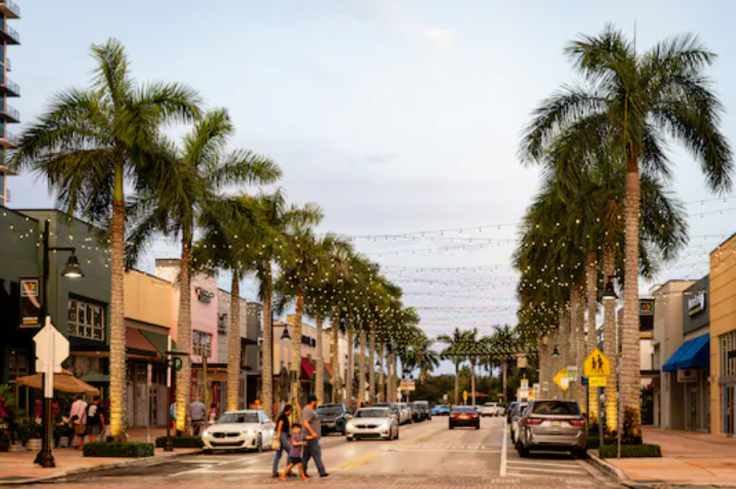
The Trump administration fulfilled one of its campaign promises by ending Temporary Protected Status (TPS) for Venezuelans in May. The decision immediately affected more than 350,000 people nationwide, with another 257,000 expected to lose protection by September.
Now, more than two months later, Florida — home to the largest Venezuelan population in the United States — is feeling the economic consequences, as nearly half of those affected reside in the Sunshine State, according to estimates.
South Florida businesses, particularly in hospitality and food service, have been among the hardest hit. According to the Miami Herald, PANNA New Latino Food, a company that has been a staple in Broward County for 25 years, has seen a 20 percent drop in customer traffic and sales volume over the past three months.
"More than a direct impact on our employees, the biggest impact is on the consumers," PANNA CEO Alexander Rueda told the outlet. "Consumer demand has changed; many are now diverting part of their budgets to immigration processes instead of dining out or spending as they used to."
Michael Clemens, an economist and professor at George Mason University, estimates that roughly one-third of the Venezuelans who have already lost TPS protections live in Florida. He said the economic impact is already visible.
According to Clemens, about 16 percent of workers in Florida's hospitality and recreation industries were TPS holders. Other sectors with significant shares of TPS-reliant workers included retail (15 percent), professional and scientific services (13 percent), construction (11 percent), and healthcare and education (10.5 percent).
"That's why research in the United States has found that mass deportation is followed by a reduction in business activity," Clemens said.
A recent study by FWD.us, a bipartisan political organization that focuses on immigration and criminal justice, estimated that the loss of TPS could shrink the U.S. economy by $13.4 billion annually due to reduced consumer spending. The group also projects a loss of at least $3.2 billion in annual tax revenue — including federal, payroll, state, and local taxes — once the full number of TPS holders lose their legal status by September.
Florida's economy, long supported by immigrant labor and consumer spending, now faces growing uncertainty. The economic fallout may also spread to the real estate sector, according to further reporting by the Miami Herald.
Doral Mayor Christi Fraga, a Cuban-American Republican, said the changes could cause properties to flood the market, ultimately driving prices down.
Rafael Pineyro, a Venezuelan-born city council member in Doral, said the effects will go beyond his city.
"This will not only impact Doral — it will affect all of Miami-Dade," Pineyro told the Miami Herald. "Business owners might be forced to sell their homes and businesses — everything they legally built while contributing to this community."
Real estate professionals are already seeing the shift play out. Gisela Rojas, a broker in South Florida, said there has been a noticeable uptick in clients looking to leave the country in recent months.
"There are people leaving, calling me to put their house up for sale. 'I'm going back, I can't live here,'" she told the Miami Herald earlier this month.
© 2025 Latin Times. All rights reserved. Do not reproduce without permission.







